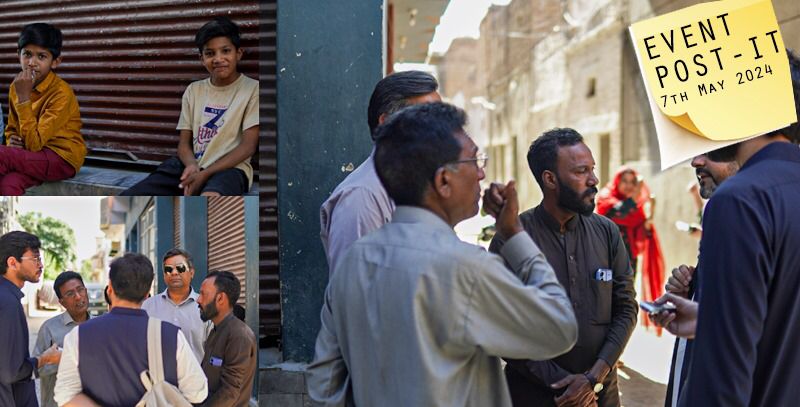FGD
Our children do not see social restraint as survival: Christian community leaders
Date: September 13, 2024
Peshawar: “We have peaceful coexistence with all communities in Khyber Pakhtunkhwa because of conscious efforts on our part. We always upheld social restraint as a value for the community, and downplayed our religious identity in interactions with outsiders. It served us well, but our children do not want to suppress their religious identity, nor see social restraint as something that will save them”, stated respondents of Jinnah Institute’s research interviews with religious minority groups.
Respondents identified several socio-cultural changes taking place across Pakistan, and how that impacts their own community. The pervasive use of social media has changed mindsets, they observed, but not every change is welcome. “Young people nowadays have become materialistic; they want things, and challenge their elders. They can see what prosperity is like from social media, and desire more intensely what they don’t have,” said a community elder.
The community has its share of challenges: jobless young men, soaring utility bills, poverty and domestic violence. Respondents astutely observed that lack of opportunity in their community does not equal what youth experience in other parts of Pakistan. Here, it comes attached with a religious identity, and the opportunities on offer are almost always for sanitation work. Even these are few and far between, and young Christian men are compelled to search for livelihoods in other cities, breaking away from the community’s support structure.
Women respondents shared that community elders had consistently tried to build cohesion and harmony among all residents. This had resulted in a strong community culture, where households help each other in times of distress, and form a safety net they would not find in other neighbourhoods. They informed that they periodically hold cleanliness drives and other social endeavours for the community. “We organize ourselves to achieve what we want, as there is no point waiting for government authorities to come and help. Our community is on the outskirts of Peshawar, and in recent months, there have been several murders and robberies along the only road that connects us to the city. We organized a chowkidari project to protect ourselves,” they informed.
Respondents felt there is a great deal of “show” on political representation for minorities, whereas it seldom translates into real help. “One of our community elders was appointed Councilor by a political party that won elections in this area; however, when our Councilor pointed out community needs, they paid no heed,” they said. One glaring need is the repair of the civic amenities, as extreme heat is impacting water availability and creating stress for all households. “We can be resilient in many ways, but if there is no electricity and water, we will be forced to relocate,” stated one respondent.

